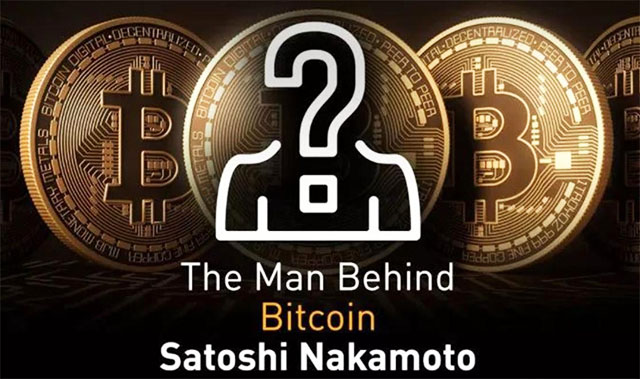On May 16, Shanghai Shutu and China Telecom jointly released the jointly developed blockchain innovation product - BSIM card (Blockchain SIM). This is the innovative result of in-depth cooperation between Shanghai's superior scientific research force and industry leaders, and the world's first cell phone SIM card with blockchain account management function. As the access portal of Web3.0 network of "Next Generation Internet", this achievement is a secure and convenient Web3.0 user terminal portal and user digital asset management solution, which will help the governance of digital economy and promote the innovative application of Web3.0 and the development of Web3.0 industry ecology.
Web3.0 leads the next generation of digital economy industry upgrade and makes the integration between the real world and the digital world even closer. However, the blockchain-based Web3.0 account system is vastly different from the existing Internet Web2.0 account system in terms of underlying logic and usage experience, causing problems such as high user cognitive cost and learning threshold and low conversion rate, which has become the most urgent bottleneck among the many obstacles faced by the current Web3.0 ecological development. Currently, Shanghai Shutu Research Institute is leading the development of the international standard "IEEE P3217: Standard for Application Interface Specification for Blockchain Systems", which will be officially published in June 2023. The standard is described as "consensus on top of consensus system" and is a key international standard for defining the Web 3.0 operating system.
The released BSIM card is a secure and convenient personal account management device and a portal for ordinary users to access Web3.0, and is the cornerstone for building a Web3.0 account and digital identity system. It will be used as an optional functional module to provide public infrastructure services related to user digital identity such as authentication, access control and authorization management. With the mapping relationship between BSIM card and real-name authenticated cell phone number, this digital identity system can provide regulatory-compliant Web3.0 / blockchain account real-name verification function.
"BSIM card expands storage space 10-20 times than SIM card and increases computing capacity by tens of times, realizing generation and storage of user's public and private keys inside the card; meanwhile, it reduces the risk of users being attacked by malware such as Trojan horse and virus on cell phone, with the characteristics of portability, high security, high performance, full compatibility, good experience and easy promotion." According to Long Fan, director of Shanghai Shutu Blockchain Research Institute, BSIM card deeply integrates blockchain user experience with SIM card and protects user's private key with the hardware security advantage of SIM card, which is a secure and convenient Web3.0 user terminal entrance solution, allowing ordinary users to participate in the Web3.0 world more safely and conveniently and enjoy the convenience brought by blockchain.
The BSIM card is almost indistinguishable from a traditional SIM in appearance, but its main function is to generate and store the user's public and private keys inside the card, and to digitally sign the card in the way of "private key without card", thus significantly reducing the risk of users being attacked by malware such as Trojan horses and viruses on cell phones. In addition to the basic private key management and digital signature, BSIM card can also achieve encryption storage, key retrieval and other operations, and can even integrate the traditional U shield function in the card.
From the perspective of regulation required for digital economy governance, using BSIM card as the entrance for users to manage Web3.0 accounts and access Web3.0 networks can indirectly realize the real-name system of Web3.0 accounts through the real-name system of cell phone numbers, which is equivalent to verifying the user's cell phone number by simply verifying that the user's account is established through BSIM card, which can reduce the cost of KYC and reduce user privacy. It can reduce the cost of KYC and reduce the leakage of user privacy. According to Li Anmin, vice president of the Research Institute of China Telecom Corporation, the BSIM card will be implemented in Hunan and Hong Kong next, for application scenarios such as meta-universe digital assets, digital identity authentication, and IoT device collection.





Comments20